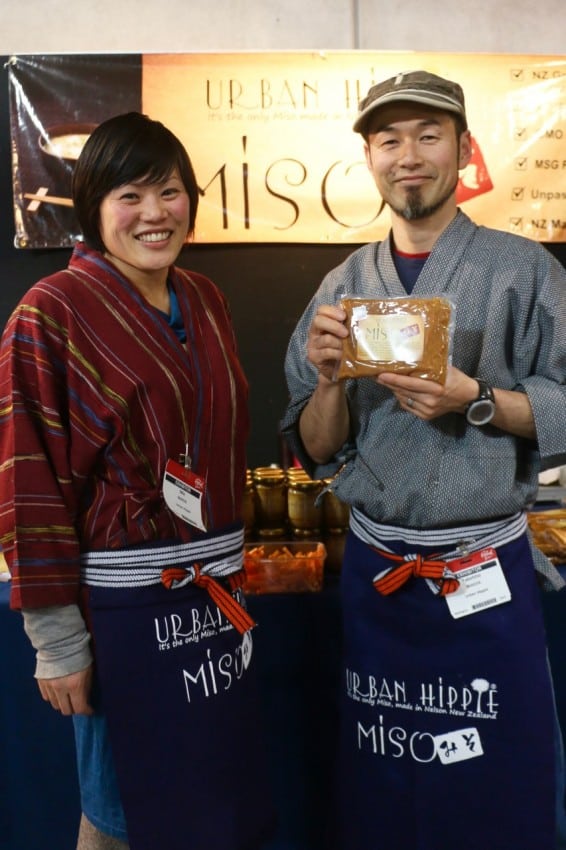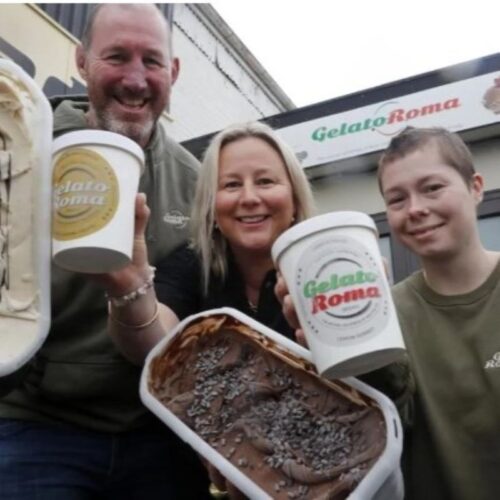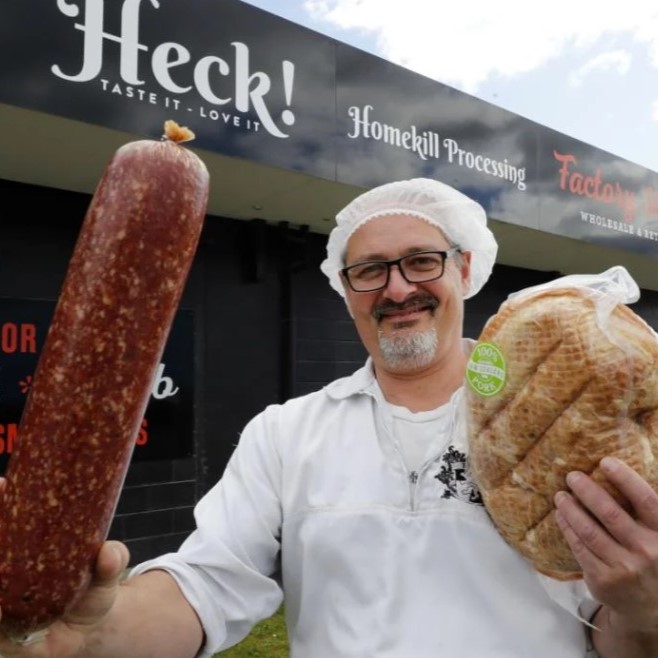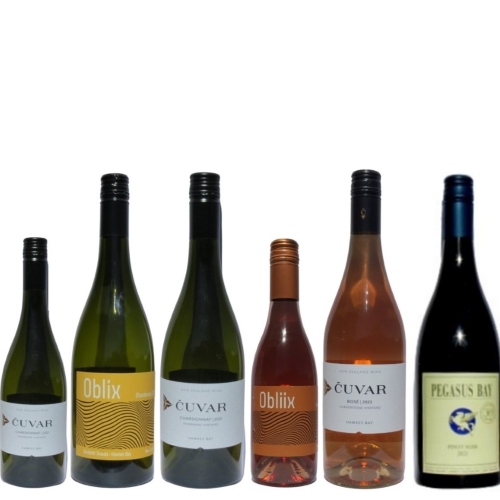
Urban Hippie Miso – Nelson Mail 28.06.16
It isn’t so many years ago that foods from other countries were foreign objects in many kitchens in New Zealand but today we can buy all sorts of wonderful ingredients to use when we want to create delicious food styles from other countries.
It is even more exciting for me when I find products made right here in Nelson that are truly authentic to their origins, one such product is Urban Hippie Miso.
Miso is a traditional Japanese fermented soy bean paste and you have probably tried miso soup if you have dined in Japanese restaurants however it has a multitude of uses as an ingredient, it can be used in almost any dish to add complexity and richness.
Urban Hippie Miso paste is handmade in Nelson by Takehito Maeda and his wife Mie, it is the only miso that is hand made in New Zealand using local and imported quality ingredients: Organic soy beans from Napier, natural sea salt from Blenheim, Australian rice, and Koji (a type of culture for making Sake).
Takehito was a chef in Japan for ten years and Mie was a teacher in Japan but they both have a love of the outdoors (surfing, rock climbing, fly fishing, MTB, kayak fishing) and it is that love that lead each of them to New Zealand where they met.
Takehito came to New Zealand the first time in 1998 on a working holiday, “I travelled all through New Zealand, decided I liked the South Island more so stayed in the Wanaka, Te Anau, Queenstown area for seven years but the cold weather and unaffordable cost of housing made it too hard so we looked for somewhere else in the South Island, we had always had a good image of Nelson as a sunny place, not too small not too big and right for us.”
Mie came to New Zealand in 2003 on a working holiday visa too but returned to Japan before coming back to New Zealand in 2005, they are both now New Zealand residents.
After working as a chef in Japan Takehito wanted a change of career, and his love of the outdoors and when he arrived in this country lead to him working as a tramping guide on the Routeburn and Milford tracks in the summer months.
In winter he got behind the steering wheel of a bus and drove people to the ski fields in Central Otago, and while he was waiting to take people back to their hotels at the end of the day he acted as a Japanese interpreter on the ski fields for medical emergencies.
When Takehito was ready to cook again the pair moved to Kaikoura where he worked as a chef in an organic restaurant, “I wanted to do some surfing so it was a good place to work and play.”
Takehito say as the outdoors and the New Zealand way of life was a “big priority” for moving to New Zealand, “If you are in japan and you are doing your hobby you feel guilty because you should be working, other people are working so makes me feel guilty when I want to do something I enjoy.
“In New Zealand people are happy for me to play when I am not working, I can do things that makes me happy without feeling guilty, not just working all the time.”
After Kaikoura they moved to Nelson in 2007 to make sushi at the Sushi House in Bank Lane arcade before working at Miyazu Restaurant in the Rutherford where he was a sushi chef for two years and then head chef for a year.
As Takehito told me it is every chef’s dream to one day open their own restaurant but doing that would mean he had to give up his beloved outdoors, he wanted a business where he could have some flexibility to enjoy the New Zealand lifestyle they moved here for.
He and Mie had always made traditional Japanese products at home including lots of fermented things like beer, Sake, bread, Korean influenced kimchi and it was the fermentation process was the catalyst for producing miso, another fermented food.
“Somehow, I found a couple (Rachel & Gareth) who grew soy beans locally in Motueka. A wonderful idea flashed into my mind; Miso!! In the old days in Japan, every family made their own miso paste at home. I thought, I can do this and make it a business in New Zealand”.
They can no longer get soy beans from Motueka so they source organic soy beans from Napier and others from Blenheim, the organic beans are used to make miso paste and both organic and non-organic beans are used to make their unique misomite product, it is very much like Marmite and you can use it in the same way, spread on toast with avocado on top is particularly delicious.
It takes about six months to ferment the miso and Urban Hippie produces about 200kg every week so they have about five tonne in the ferment process at any one time.
There are two stages to making miso, the first stage is make rice malt – steamed rice is inoculated with a special culture and is incubated for 48 hours so the culture can change starch in the rice to natural sugar.
This cultured rice is then blended with salt and cooked soybeans, is put through a grinder to make a paste then into a vat for six months to slowly ferment.
In fact the product never stops fermenting, it just has a component added to slow the fermentation process down to such a low level it can keep fermenting for up to five years in the packet and that means the product can be unpasteurised so retains all of the goodness provided by the micro-organisms.
The Miso is processed in a commercial kitchen built in shipping container located behind their house, a house that has a dining room lined with stacks of plastic buckets of fermenting miso.
Takehito and Mie sell at their miso at the Nelson Market and want to stay there even though the business is getting bigger all the time, “it is a great place to talk with customers and get feedback and our stall is right next to Pic’s Peanut Butter and Pic has been a mentor for us, we spend a lot of time talking with him at the market and he has given us lots of ideas and help.”
The next step for them is to grow their own soy beans so they control the product from the seed to the finished product.
“It has been a good five years now and we are producing 10 tonne a year of the finished product, we sell it throughout New Zealand and we have a great life” say Takehito
And that name Urban Hippie? “My best friend had to make a speech at our wedding and when he introduced me they called us the Urban Hippies because we have chickens, organic vege garden, make our own beer, Sake and sourdough bread all at a small suburban house, our friends likened it to living like a hippie in the city” and that little bit of fun has evolved into the name for a very serious business.



